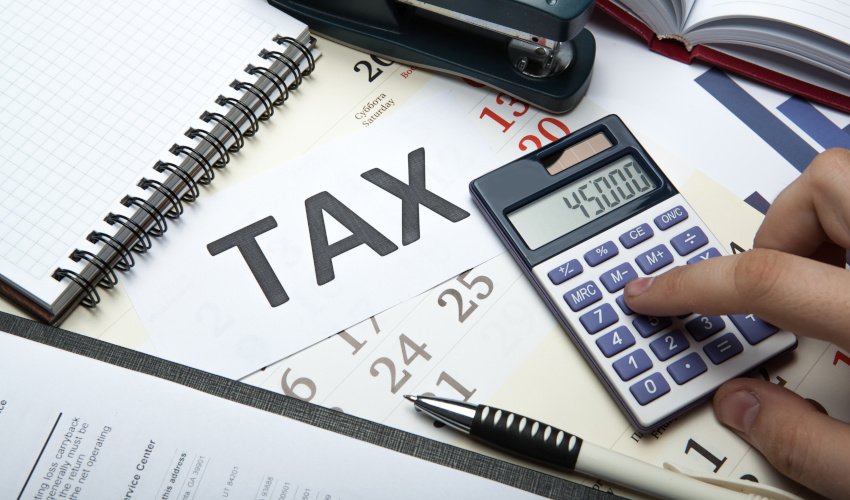In a recent decision, the AAT rejected a taxpayer’s claim that there were ‘special circumstances’, that warranted an excess contributions determination to disregard or re-allocate an excess contribution.
Facts
In October 2018 the taxpayer separated from his wife. As at 30 June 2019, the taxpayer’s total superannuation balance was recorded at just over $1,820,000, held in separate funds.
In April 2020, as part of the taxpayer’s divorce proceedings, the sum of $1,575,000 was withdrawn from one of the taxpayer’s superannuation funds and paid to the benefit of his former wife. This had the effect of reducing the taxpayer’s member’s account balance in that fund as at 30 June 2020 by an amount of $427,497.
On 18 June 2020, the taxpayer made a non-concessional contribution of $100,000, on the basis that his total superannuation balance (after the payment to his former wife) was $1,389,272 (i.e., below $1,400,000 at the end of the 2020 income year). However, under S.292-85(2) of the ITAA 1997, the taxpayer’s non-concessional contributions cap for the financial year ending 30 June 2020 was nil, as immediately before the start of that financial year, his total superannuation balance exceeded the general transfer balance for that year of $1,600,000.
The ATO subsequently imposed a liability on the taxpayer for excess non-concessional contributions tax in the sum of $47,000. The taxpayer then sought from the ATO a determination under S.292-465 of the ITAA 1997 to disregard or re-allocate the contribution. This was rejected by the ATO, and the taxpayer then appealed to the AAT.
Decision
The basic issue for consideration by the AAT was whether there were ‘special circumstances’, as defined in S.292-465(3), that would allow the ATO to make a determination that the $100,000 non-concessional contribution should be allocated to another financial year.
The AAT concluded that the taxpayer’s mistaken belief in how the law operated did not constitute ‘special circumstances’ within the meaning of S.292-465(3).
The AAT noted in this regard that “had the applicant . . . carefully read the provisions . . . of the ITAA (1997) and specifically the effect of S.292-85(2) as it applied to his position . . . it should have been readily apparent to him that the non-concessional cap for the financial year concerned in his case was nil. It was as he readily conceded an honest mistake on his part. Nonetheless, the (AAT) cannot conclude that such an honest mistake can be elevated to the status of ‘special circumstances’ within the meaning of S.292-465(3)(a) of the ITAA (1997).”
Ref: BVZH v FCT [2024] AATA 3618
________________________________________________________________________________________________________________
TD 2024/8 — Value of goods taken from stock for private use for the 2024/25 income year
This Determination provides the amounts the Commissioner will accept for 2024/25 as estimates of the value of goods taken from trading stock for private use by taxpayers in certain specified industries (although the ATO recognizes that greater or lesser values may be appropriate in particular cases). The amounts (which exclude GST) are:
| Type of business | Amount for adult/child over 16 years | Amount for child 4 to 16 years old |
| Bakery | $1580 | $790 |
| Butcher | $1040 | $520 |
| Restaurant/café (licensed) | $5310 | $2150 |
| Restaurant/café (unlicensed) | $4300 | $2150 |
| Caterer | $4530 | $2265 |
| Delicatessen | $4300 | $2150 |
| Fruiterer/greengrocer | $1080 | $540 |
| Takeaway food shop | $4480 | $2240 |
| Mixed business (includes milk bar, general store and convenience store) | $5420 | $2710 |
________________________________________________________________________________________________________________
Tax on the Couch — December 2024
In the December 2024 Edition of ‘Tax on the Couch’, our tax specialists discuss the latest developments in tax and superannuation, including (amongst other things):
- a legislation update, including the recent Government announcement on reforms to strengthen the retirement phase of superannuation;
- the latest Court and Tribunal decisions, including an AAT decision to refuse an individual registration as a tax agent because their supervisor had not provided the requisite level of supervision and control;
- a discussion with the Chair of the Tax Practitioners Board in relation to the Tax Agent Services (Code of Professional Conduct) Determination 2024;
- the NTAA’s Hot Topic, being the interaction of the Division 7A, FBT and Commercial Debt Forgiveness rules in relation to private company loans and payments to shareholders; and
- the Ethics segment, which considers the TPB’s guidance in relation to a practitioner’s Code of Conduct obligation to keep client information confidential.










